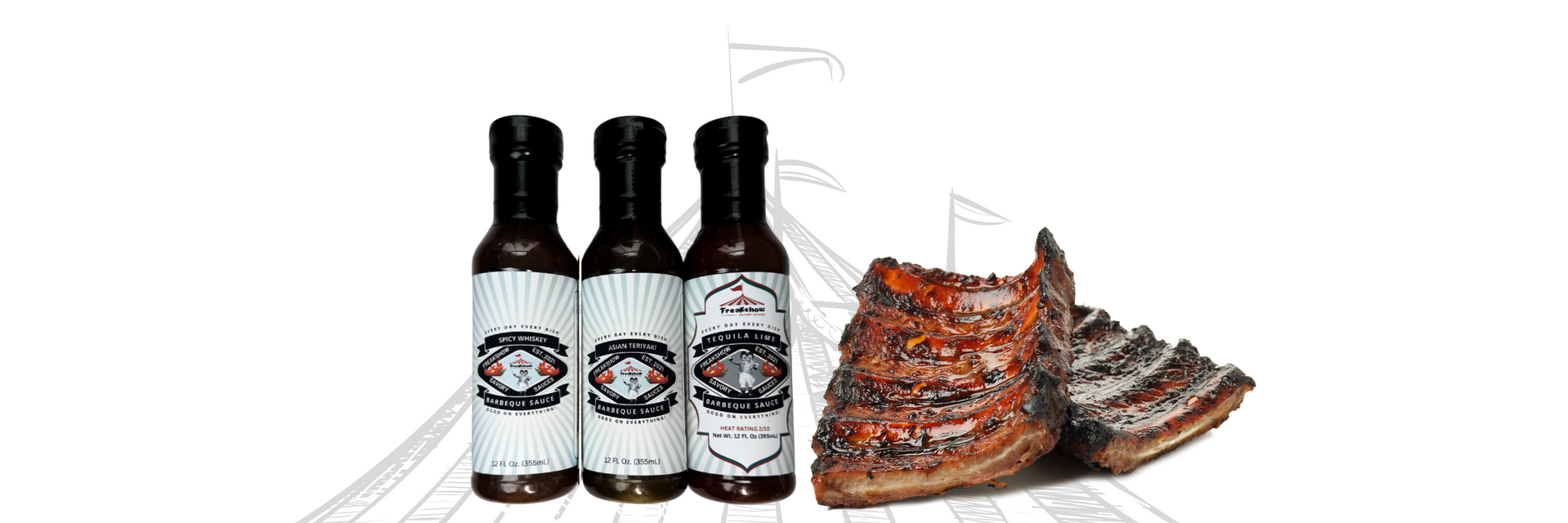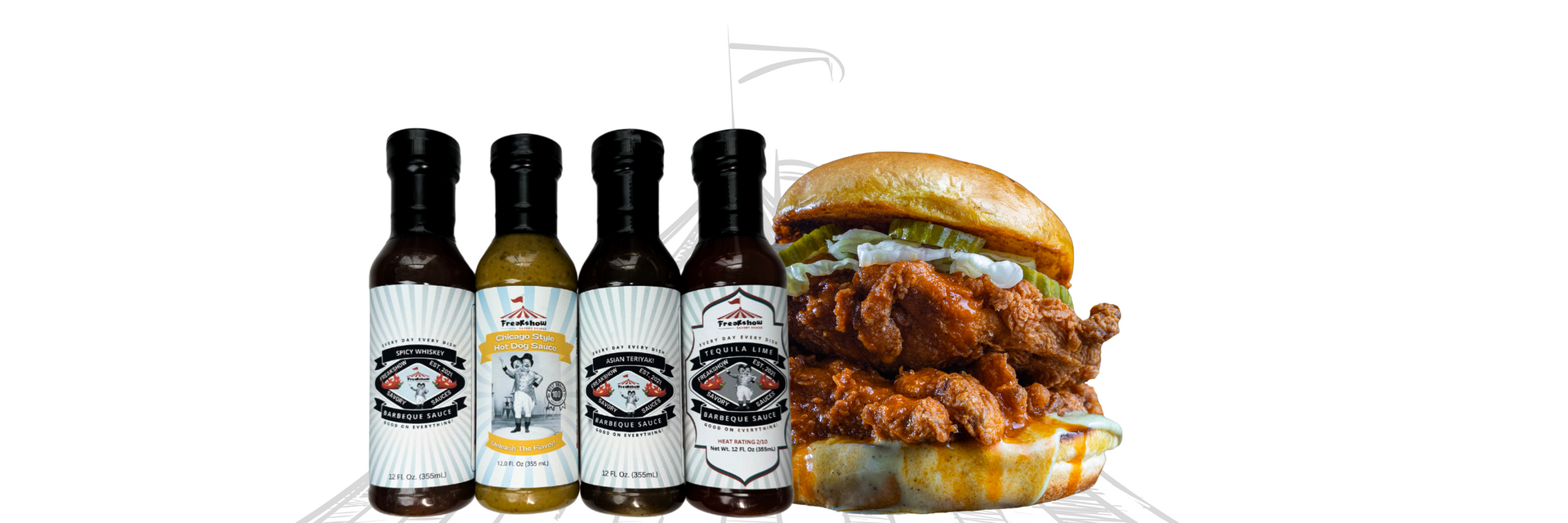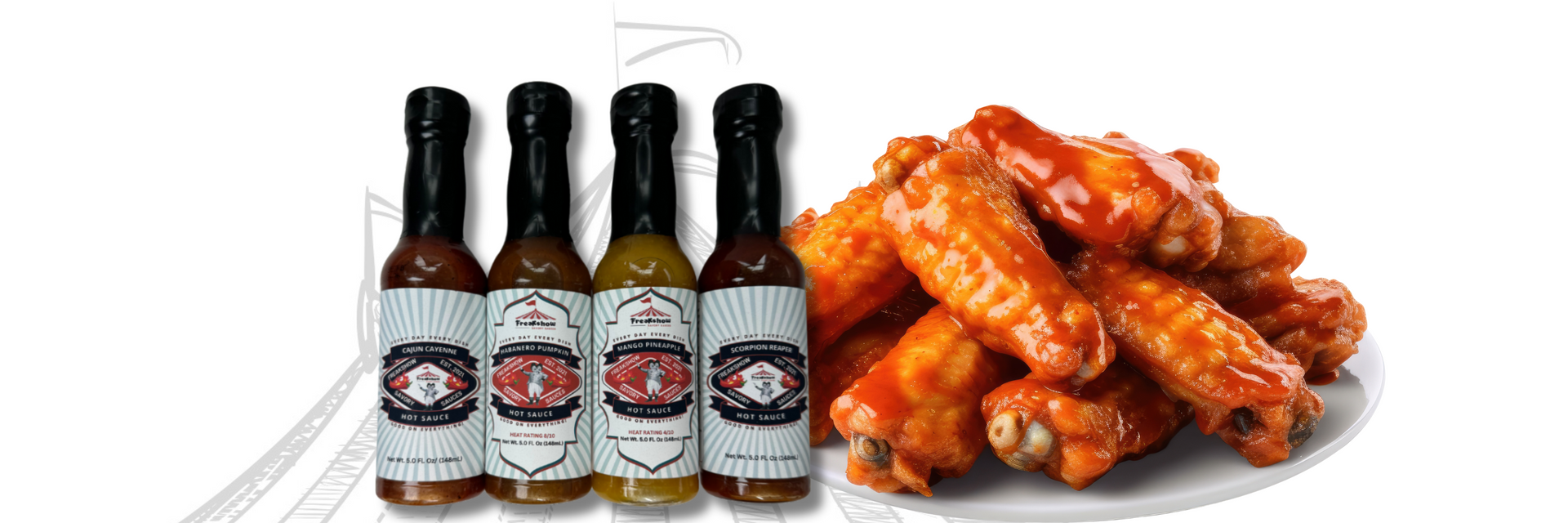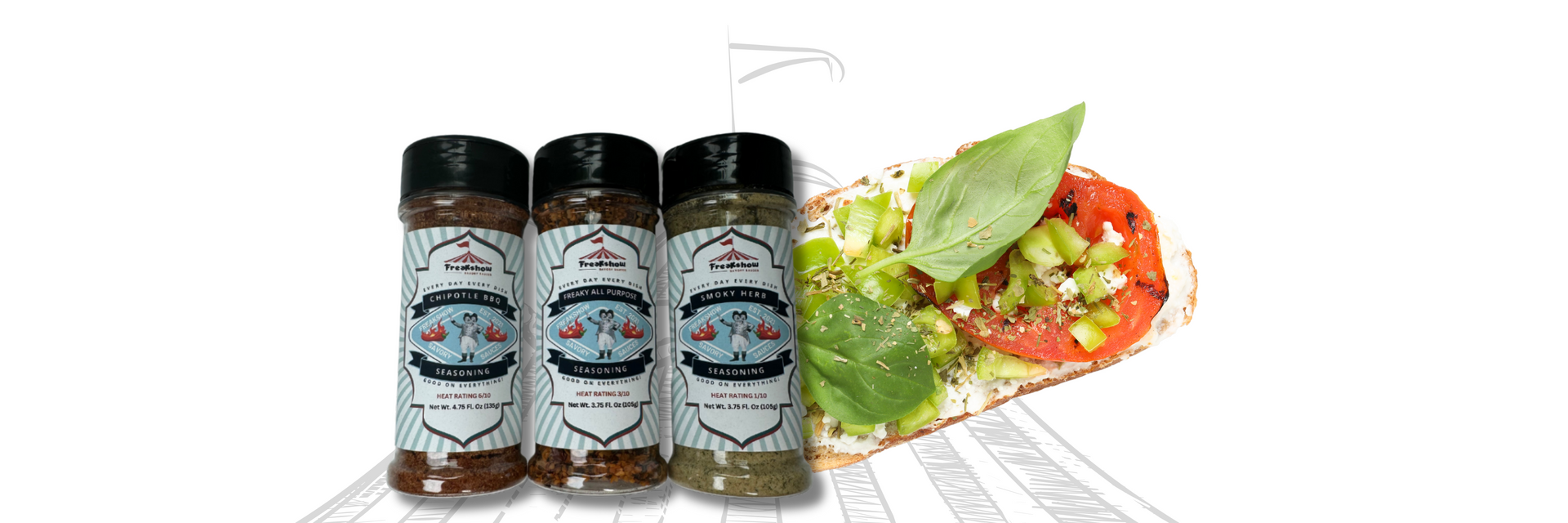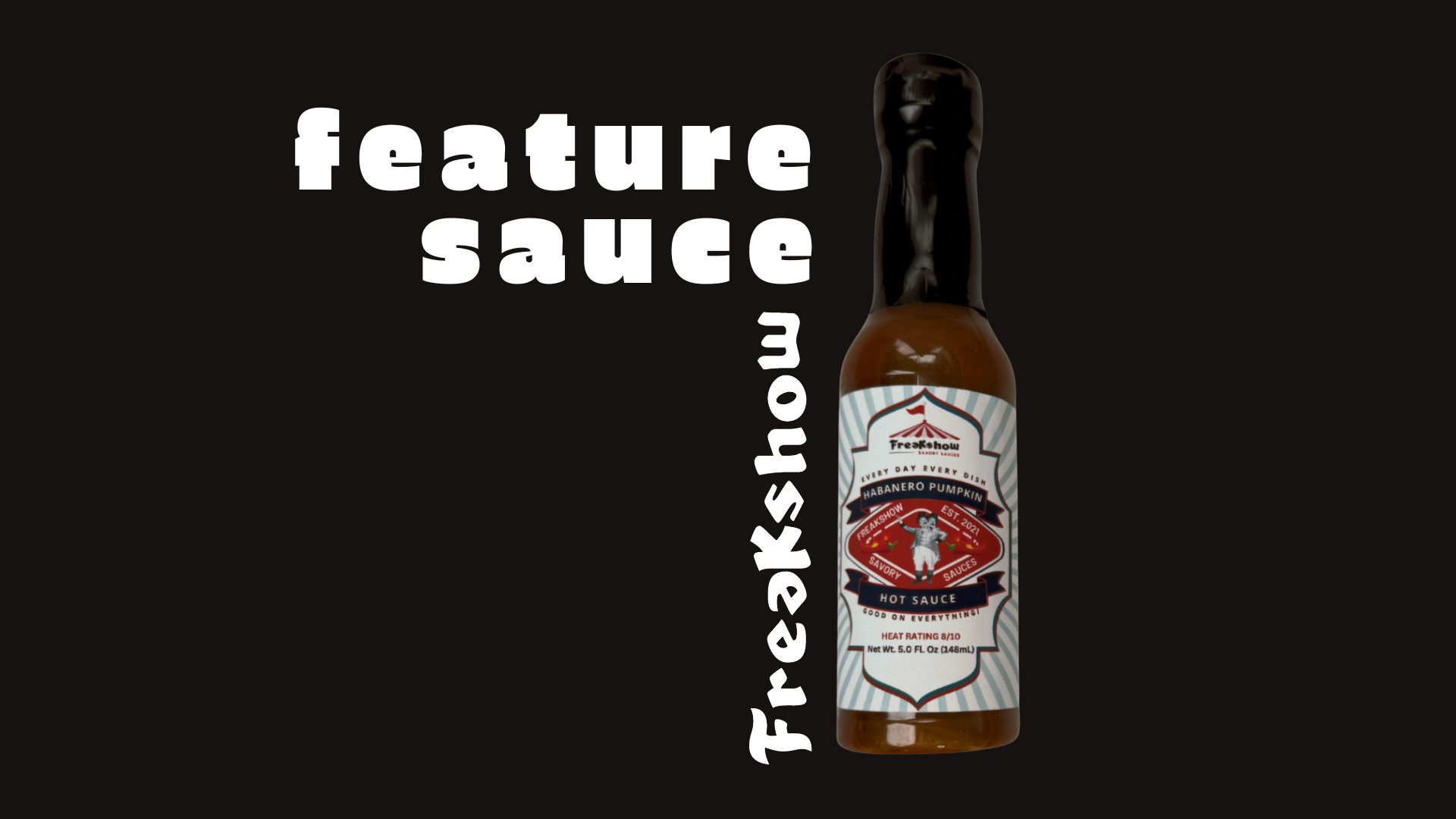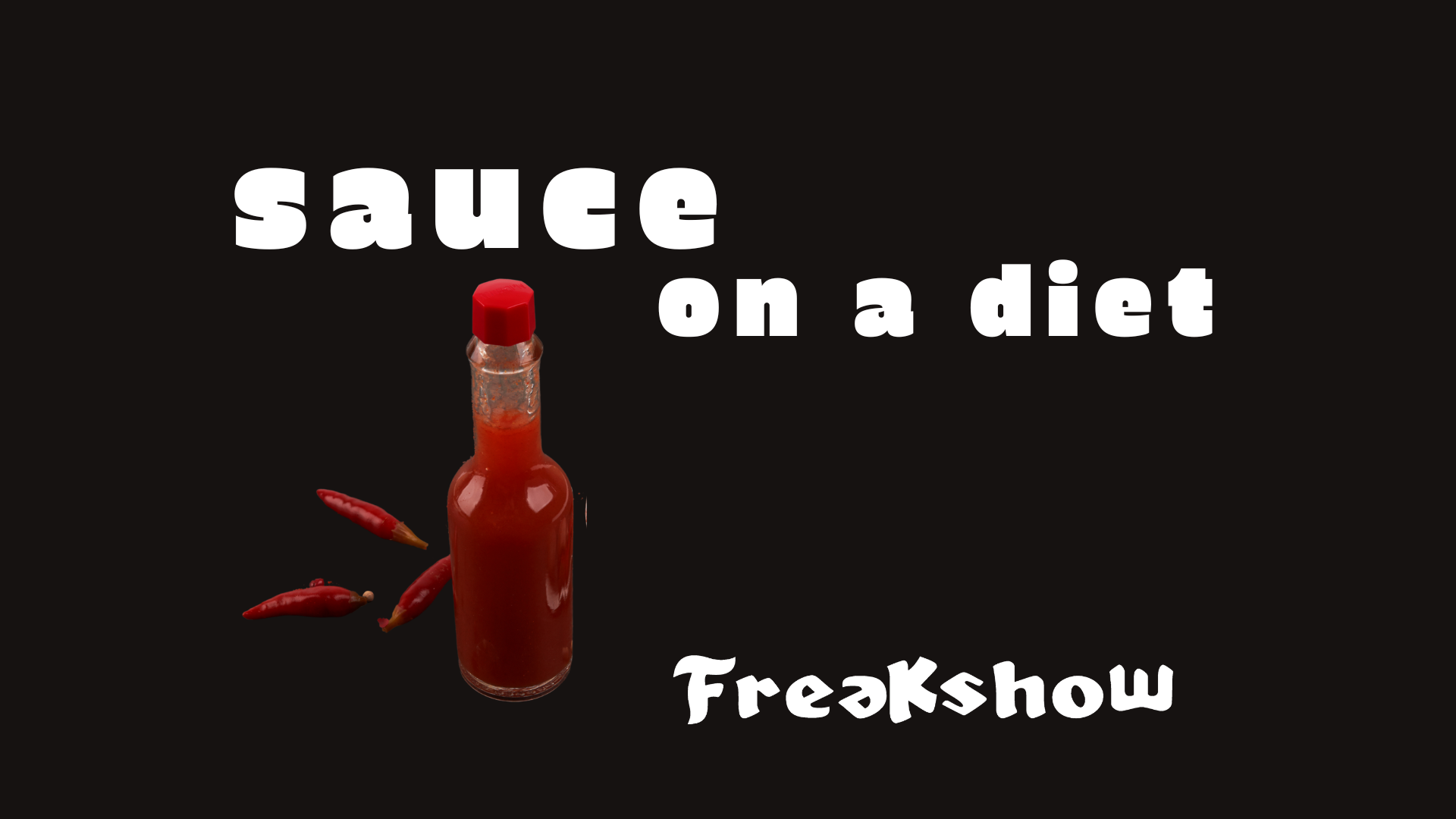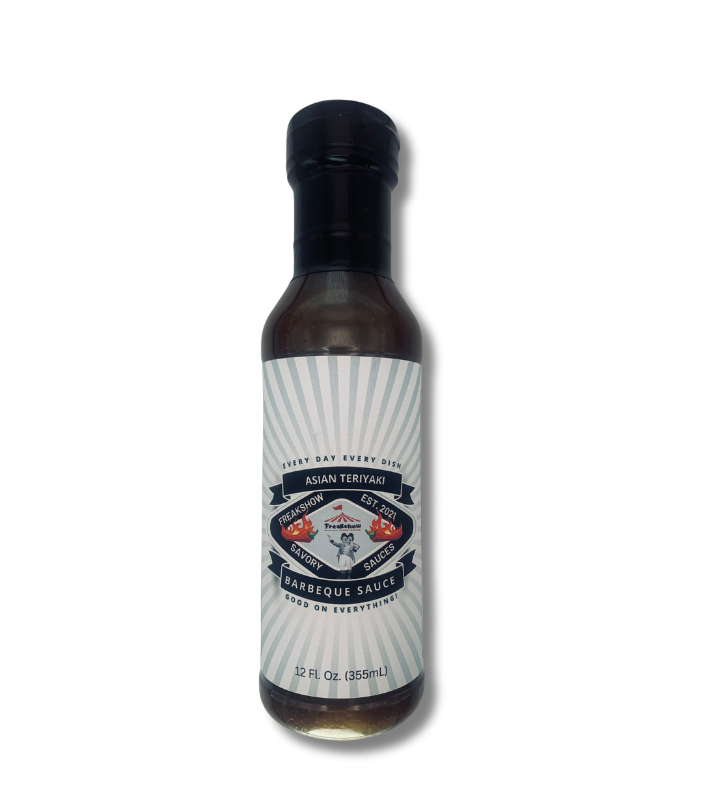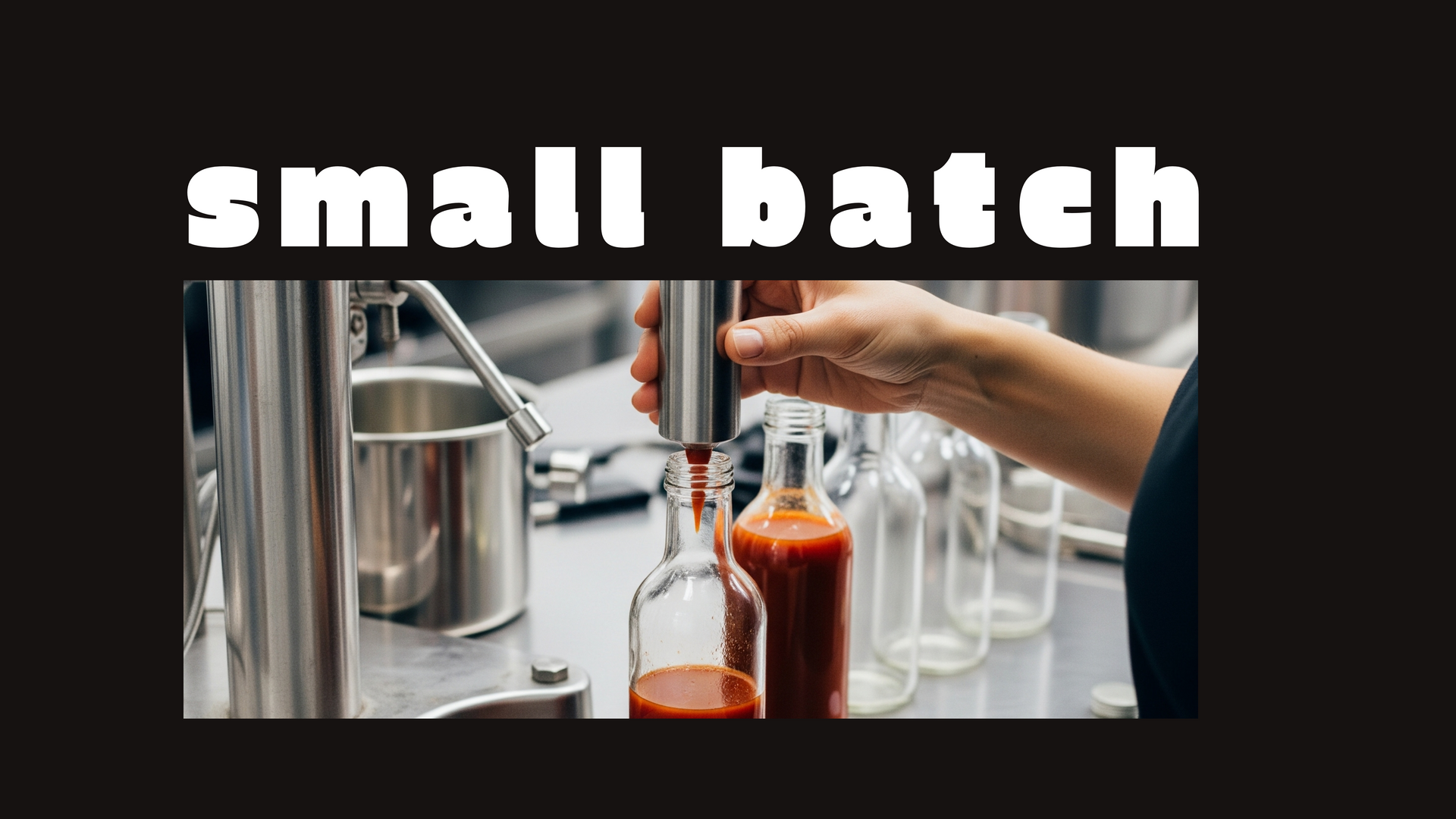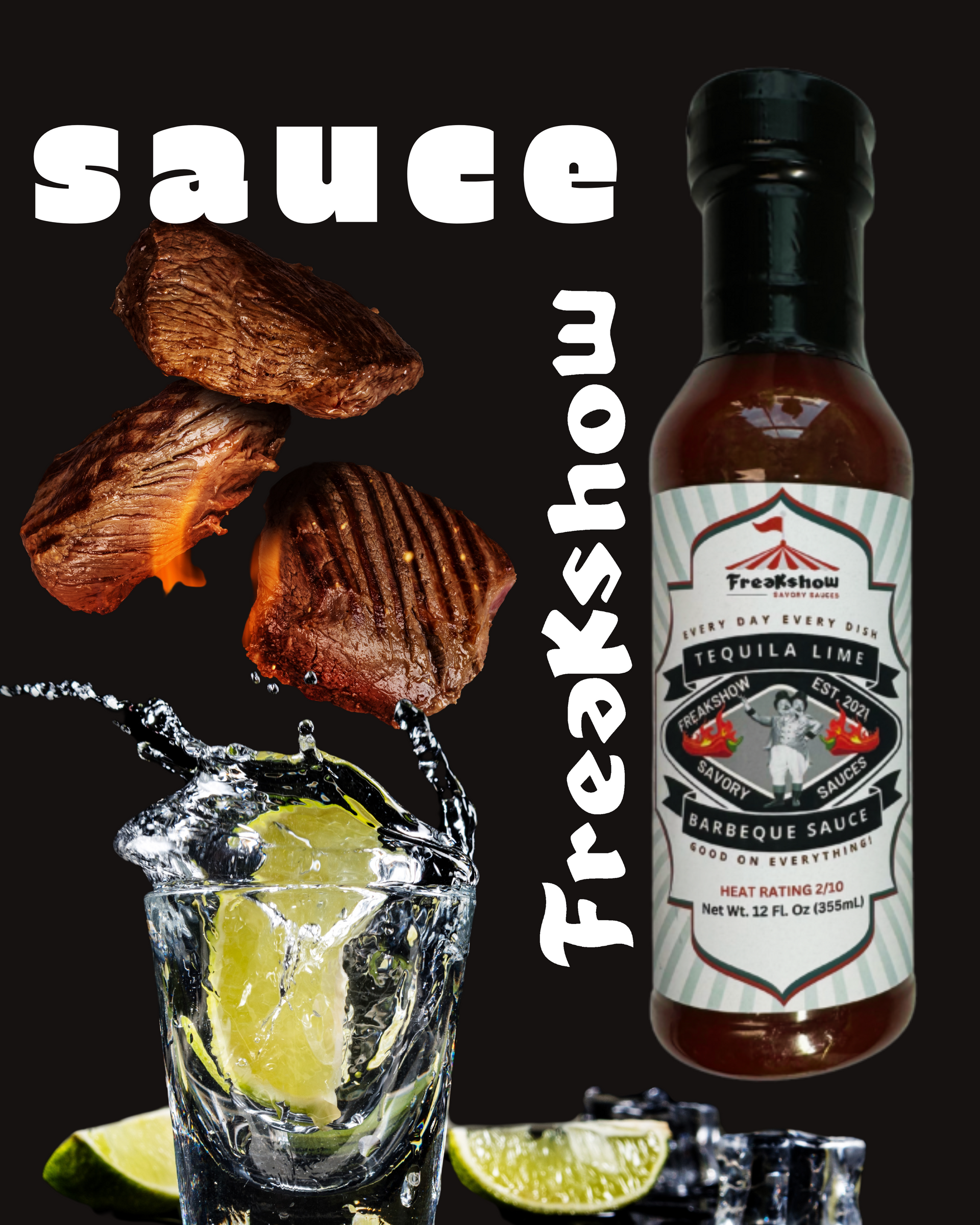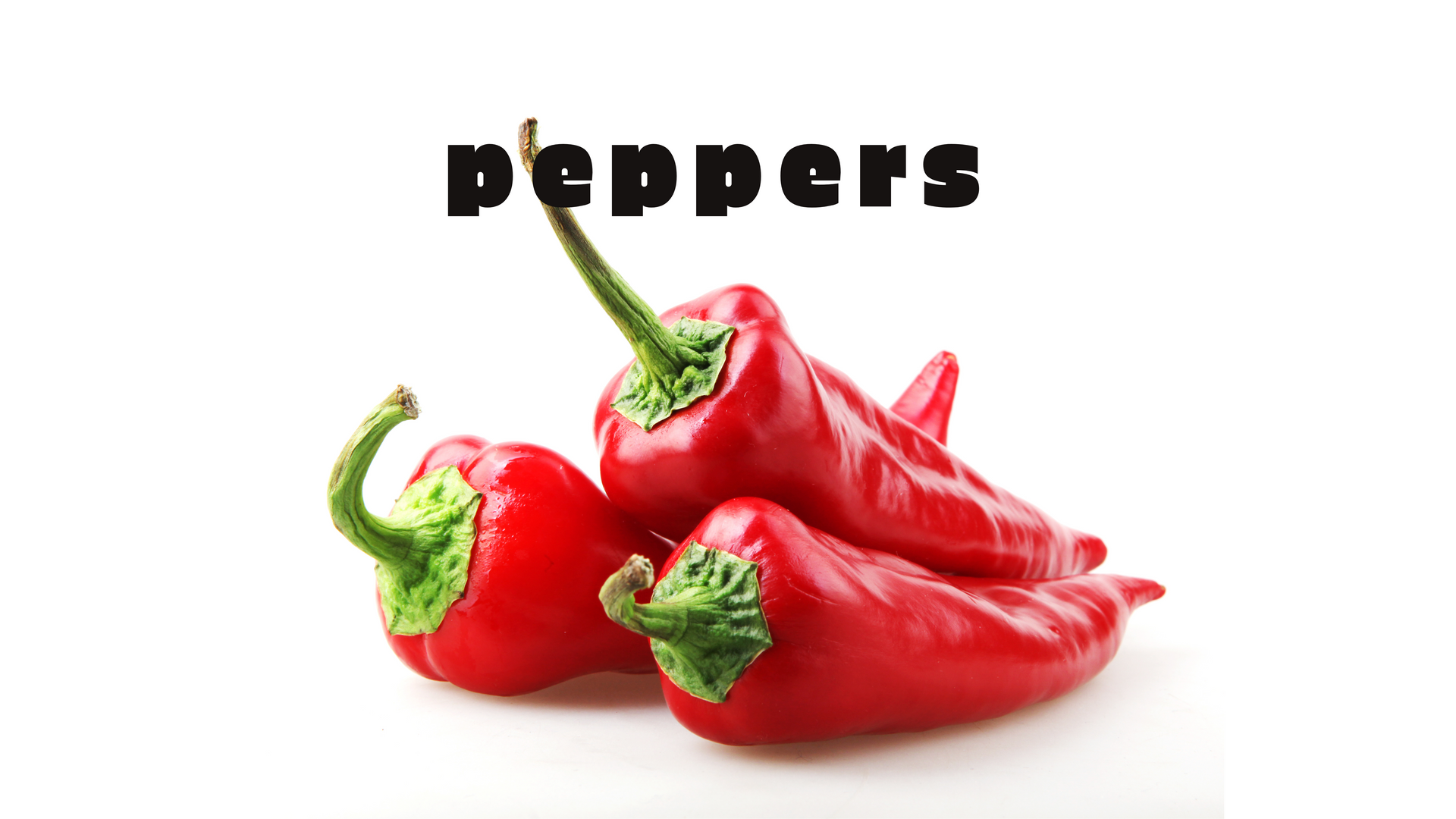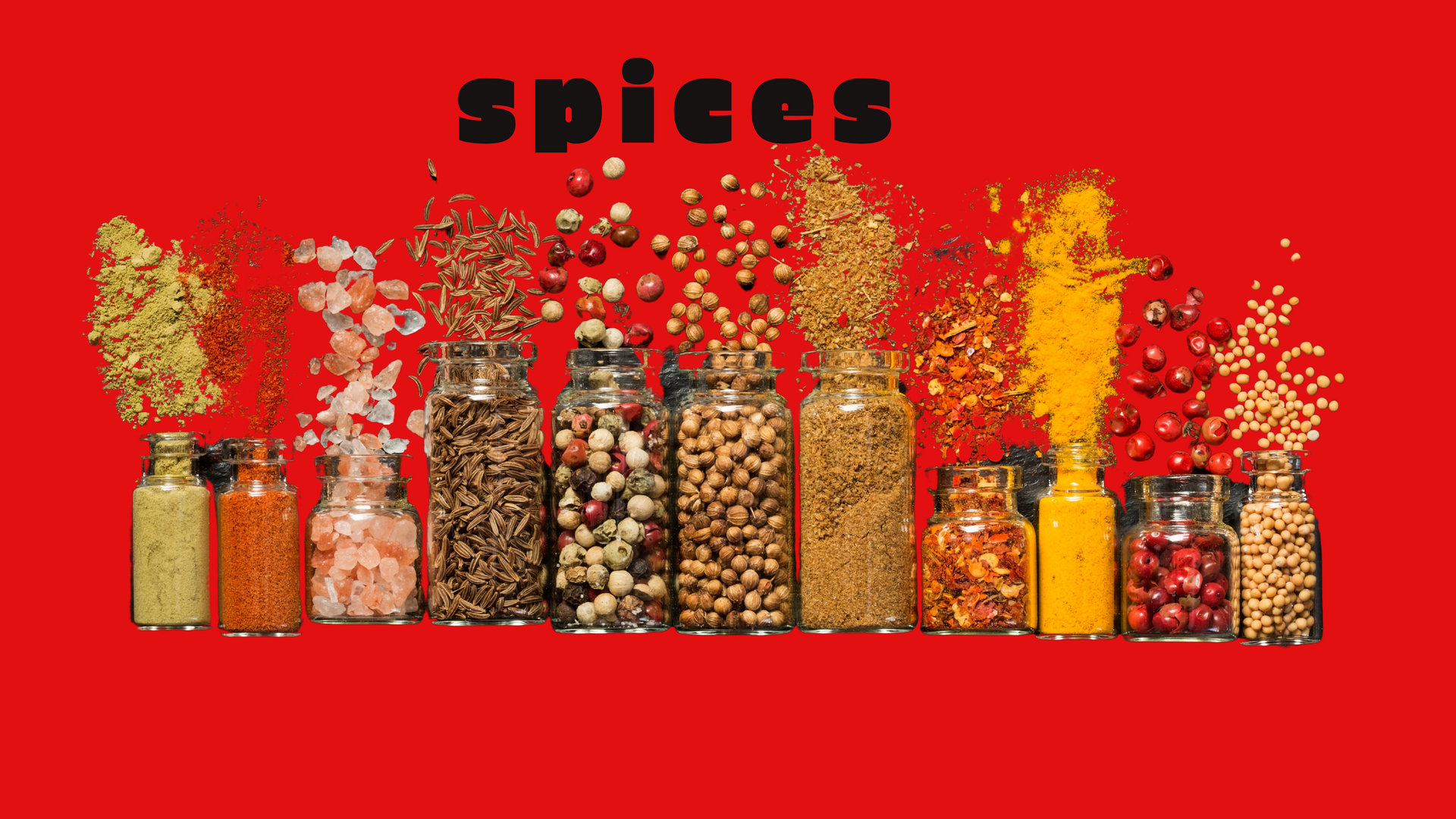Hot Sauce and the Pegan Diet: Everything You Should Know
Can I have hot sauce on the Pegan Diet?
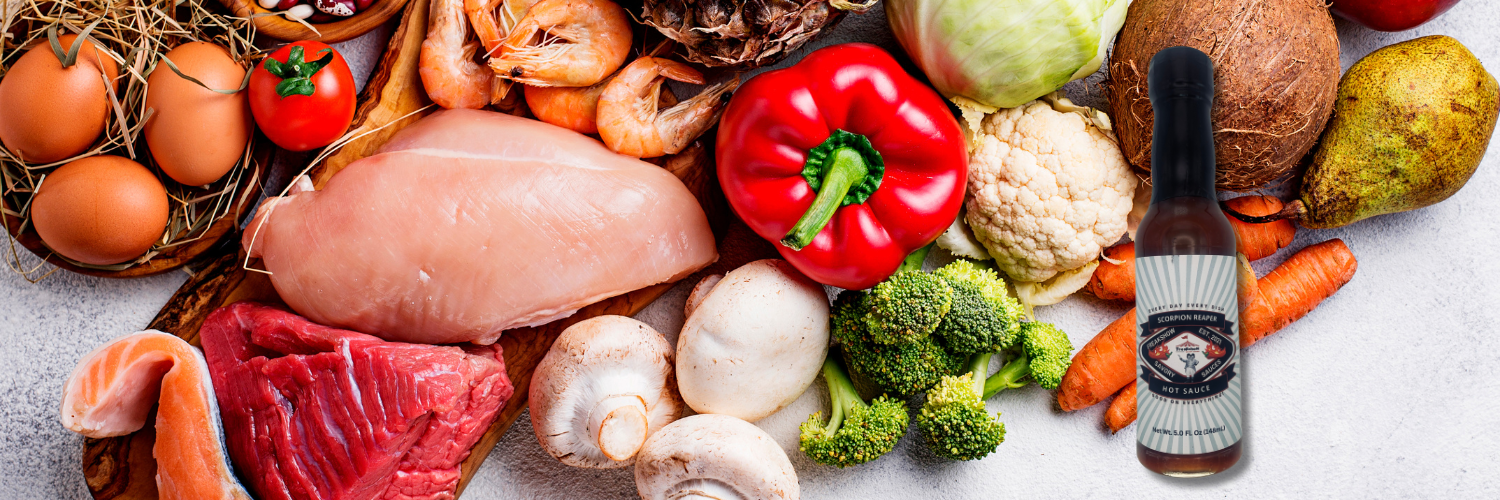
Key Highlights
- The Pegan diet combines principles from the paleo and vegan diets
- It focuses on whole, unprocessed foods and limits refined sugars, gluten, and dairy
- The diet promotes weight loss, blood sugar regulation, and heart health
- It emphasizes fruits, vegetables, healthy fats, and lean proteins
- The Pegan may have potential benefits for overall health and wellbeing
Navigating dietary choices in today's nutritionally confusing world can be overwhelming. With the rise of various eating plans like the Pegan Diet, coined by
Dr. Mark Hyman, it's essential to understand its principles and benefits. By merging elements of the vegan and paleo diets, the Pegan Diet emphasizes whole, unprocessed foods to balance blood sugar and reduce inflammation. Exploring the role of different food groups and ingredients can empower individuals to make informed decisions for their overall health and well-being in recent years.
Understanding the Pegan Diet
The Pegan diet, popularized by Dr. Mark Hyman, combines principles from the Paleo and Vegan diets. It focuses on whole, unprocessed foods, healthy fats, and a balance of protein and carbohydrates. By prioritizing fruits, vegetables, and high-quality proteins, it promotes weight loss and supports overall health. With an emphasis on low glycemic index foods and avoiding dairy and gluten, the Pegan diet aims to reduce inflammation and improve gut health, making it a sensible choice for many seeking a balanced eating plan that benefits the gut microbiome.
Defining the Pegan Diet Principles
Pegan diet principles blend aspects of paleo and vegan diets for optimal health. Emphasizing whole, unprocessed foods, it prioritizes fruits, vegetables, healthy fats, and limited, high-quality animal products. Dr. Mark Hyman advocates for balance to reduce inflammation and balance blood sugar levels. By excluding dairy and gluten while promoting nutrient-rich foods, the Pegan diet aims for overall well-being and weight management.
Key Components of the Pegan Diet
The Pegan diet emphasizes whole, nutrient-dense foods, focusing on a balance between the Paleo and Vegan diets. It promotes consuming primarily fruits, vegetables, healthy fats, and lean proteins while limiting sugar and processed foods. By incorporating a variety of plant-based foods and high-quality proteins, the Pegan diet aims to support overall health and well-being. This eating plan encourages individuals to make mindful choices that nourish the body and reduce the risk of chronic diseases.
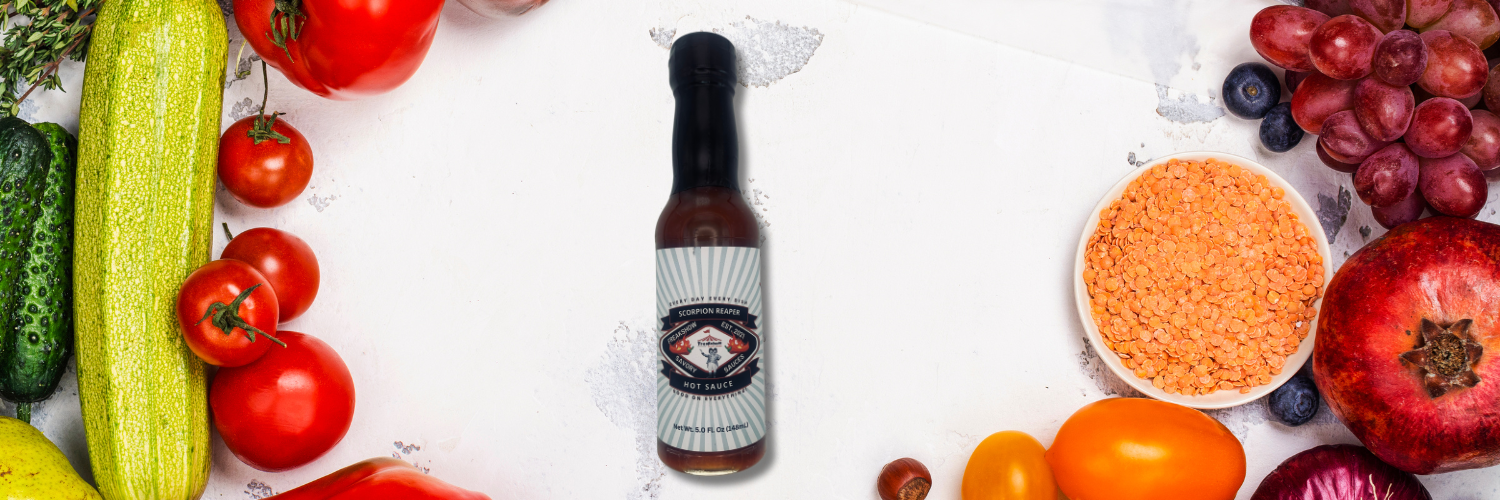
Foods to Embrace on the Pegan Diet
Embracing a variety of plant-based foods is paramount on the Pegan Diet. The focus lies on incorporating ample fruits and vegetables, such as broccoli, rich in essential vitamins, minerals, and antioxidants. Opt for healthy fats like olive oil and avocados, which support heart health. Choose your proteins wisely, including legumes, nuts, seeds, and organic poultry. By prioritizing these nutrient-dense options, you nourish your body with the vital building blocks it craves, promoting overall well-being and vitality.
Emphasizing Fruits and Vegetables
Incorporating a vibrant array of fruits and vegetables is paramount in the Pegan diet, offering essential nutrients and fiber for overall health. These nutrient-dense powerhouses aid in balancing blood sugar levels, promoting gut health, and reducing inflammation. By filling your plate with a rainbow of colors, from leafy greens to bright berries, and starchy vegetables, you not only support your well-being but also contribute to weight management and disease prevention. Prioritize organic produce to minimize exposure to pesticides and maximize your intake of vitamins and antioxidants.
Selecting Healthy Fats
Incorporate a variety of healthy fats on the Pegan Diet, such as olive oil, avocado oil, and coconut oil. These fats provide essential nutrients and support heart health. Balance omega-3 and omega-6 fatty acids by including sources like nuts, seeds, and fatty fish. Opt for whole food sources of fats to avoid additives and preservatives commonly found in processed oils. Prioritize quality and moderation when choosing fats to enhance overall health and well-being.
Choosing Proteins Wisely
When selecting proteins on the Pegan Diet, prioritize plant-based options like legumes, tofu, and tempeh for sustainable choices. Opt for organic, grass-fed meats or wild-caught fish occasionally. Incorporating a variety of proteins ensures a well-rounded nutrient intake, supporting overall health and satisfying hunger.

Foods to Avoid or Limit
Restricting dairy and gluten while minimizing sugar and processed foods are key principles to follow on the Pegan Diet. By avoiding these items, you can reduce inflammation, support weight loss, and improve overall health. Dairy products can be replaced with plant-based alternatives, while gluten-containing grains like black rice can be substituted with gluten-free options like quinoa. Be mindful of hidden sugars in processed foods and opt for whole, natural ingredients to balance blood sugar levels effectively.
Restricting Dairy and Gluten
When following the Pegan Diet, it's recommended to restrict dairy and gluten. Both dairy products and gluten-containing foods can contribute to inflammation in the body for some individuals. By avoiding or limiting these food groups, you may experience improvements in your overall health and well-being. Substituting dairy with plant-based alternatives and opting for gluten-free grains can help you adhere to the principles of the Pegan Diet while still enjoying a varied and nutritious eating plan.
Minimizing Sugar and Processed Foods
When following the Pegan Diet, it's crucial to focus on minimizing sugar and processed foods. These items can disrupt blood sugar levels and contribute to inflammation in the body. Opting for whole, nutrient-dense foods over sugary treats and processed snacks supports overall health and helps in managing weight. By reducing intake of these harmful substances, individuals can better balance blood sugar and promote better gut health, essential for overall well-being.
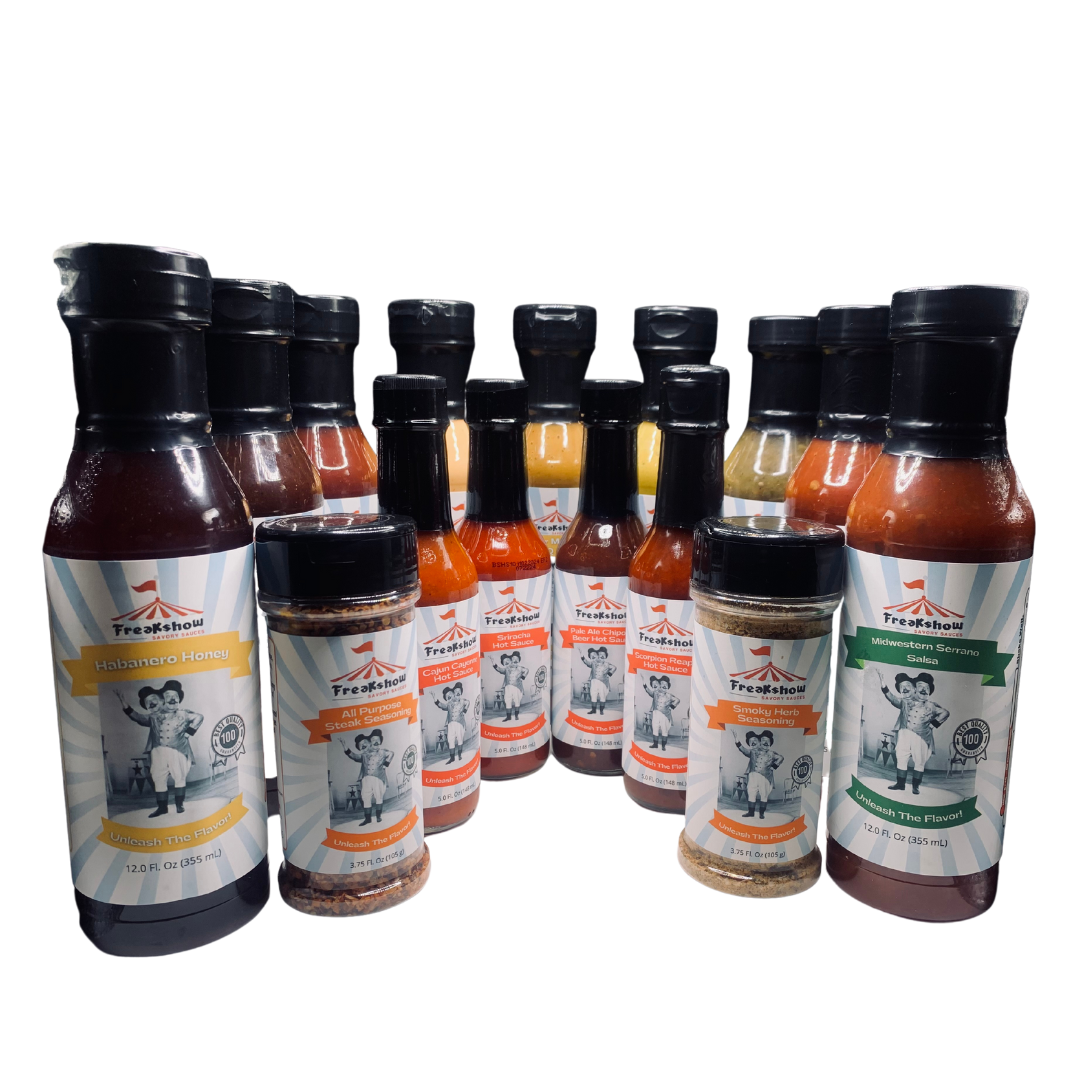
The Role of Condiments and Spices
When following the Pegan Diet, condiments and spices play a crucial role in enhancing flavor without compromising health. Opt for natural, additive-free options to support your overall well-being. Be mindful of hidden sugars, preservatives, or unhealthy fats in some condiments. Choose herbs and spices rich in antioxidants and anti-inflammatory properties to boost the nutritional value of your meals. Striking a balance between taste and health is key to maximizing the benefits of the Pegan eating plan.
Incorporating Natural Flavors
When following the Pegan Diet, incorporating natural flavors is key to enhancing your meals. Opt for fresh herbs like basil and cilantro to add a burst of taste without relying on processed condiments. Experiment with garlic, ginger, and turmeric for added depth and health benefits. Citrus fruits such as lemon and lime can brighten up dishes while providing a dose of vitamin C. By prioritizing whole ingredients and mindful seasoning, you can elevate your Pegan meals with delicious and nutritious flavors.
Understanding Limitations and Allowances
When navigating the Pegan Diet, recognizing its limitations and allowances is crucial for a balanced approach. While the Pegan Diet encourages whole foods and limits processed items, it allows for flexibility in choosing sustainably sourced proteins. Finding a middle ground between the vegan and paleo principles can provide a variety of nutrients for overall health. Being mindful of these boundaries can help individuals navigate this eating plan with ease and achieve their health goals effectively.
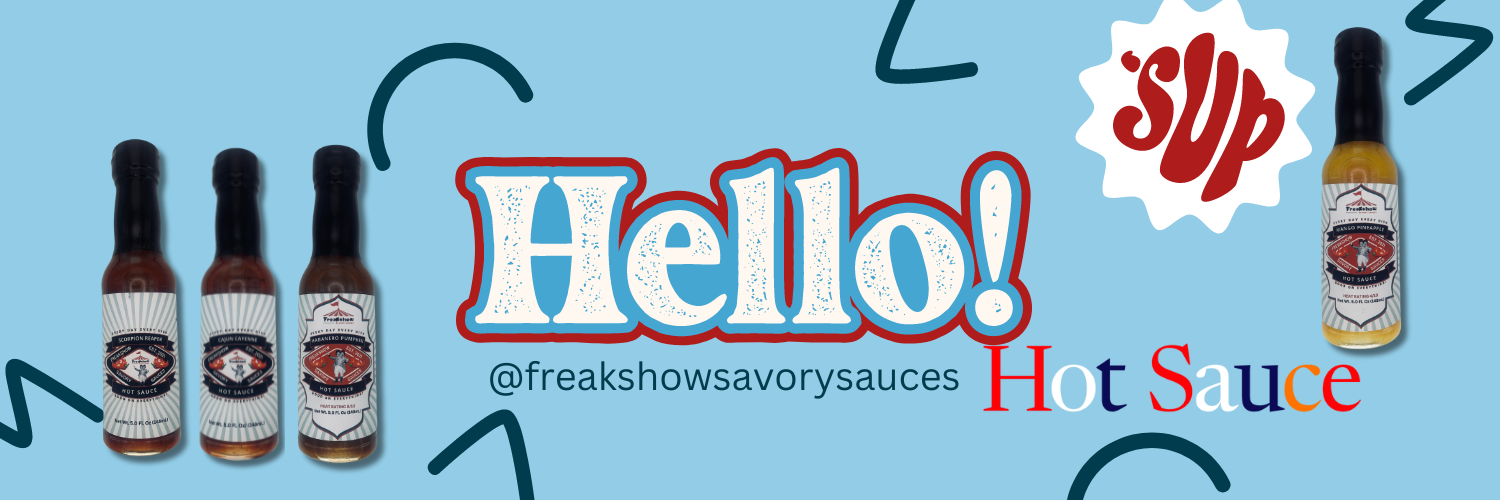
Hot Sauce on the Pegan Diet
Hot sauce can be enjoyed on the Pegan Diet, but it's important to evaluate the ingredients and choose Pegan-friendly options. Many hot sauces contain ingredients like vinegar, spices, and natural flavors, which are generally acceptable on the Pegan Diet. However, it's important to read the labels and avoid hot sauces that contain added sugars, artificial additives, or preservatives. There are Pegan-friendly hot sauces available in the market that use natural ingredients and are free from additives. These hot sauces can add flavor and spice to your meals while adhering to the principles of the Pegan Diet.
Evaluating Ingredients in Hot Sauce
When choosing hot sauce on the Pegan Diet, it's important to evaluate the ingredients to ensure they align with the principles of the diet. Start by reading the label and looking for natural ingredients like vinegar, spices, and natural flavors. Avoid hot sauces that contain added sugars, artificial additives, or preservatives. These ingredients can negatively impact your health and may not align with the goals of the Pegan Diet. Opt for hot sauces that are made with simple, natural ingredients and have minimal additives, like
Freakshow Savory Sauces. By being mindful of the ingredients in hot sauce, you can enjoy the flavors and spice while staying true to the Pegan Diet.
Recommendations for Pegan-friendly Hot Sauces
- There are several pegan-friendly hot sauces available in the market that can add flavor and spice to your meals while following the Pegan Diet. Here are some recommendations:
Freakshow Savory Sauces Habanero Pumpkin Hot Sauce: Freakshow Savory Sauces Habanero Pumpkin Hot Sauce is a great option for those following the Pegan Diet. Made with natural ingredients like habanero peppers and pumpkin, this hot sauce adds flavor without any artificial additives or preservatives. Its spicy kick can enhance your dishes while staying true to the principles of the Pegan Diet. Enjoy the taste and benefits of this pegan-friendly hot sauce in your meals! - Freakshow Savory Sauces Cajun Cayenne Hot Sauce: Freakshow Savory Sauces Cajun Cayenne Hot Sauce is another fantastic option for Pegan Diet followers looking to add a spicy kick to their meals. This hot sauce is crafted with natural ingredients, including cayenne peppers and Cajun spices, without any added sugars or artificial additives. By incorporating this pegan-friendly hot sauce into your dishes, you can elevate the flavors while adhering to the principles of the Pegan Diet. Spice up your meals with this flavorful and wholesome hot sauce!
- Freakshow Savory Sauces Mango Pineapple Hot Sauce: Freakshow Savory Sauces Mango Pineapple Hot Sauce is a tropical twist perfect for Pegan Diet enthusiasts. This hot sauce combines the sweetness of mango and pineapple with a spicy kick, all while being free from artificial additives. Enhance your dishes with the exotic flavors of this pegan-friendly hot sauce and stay true to your dietary goals.
- Freakshow Savory Sauces Scorpion Reaper Hot Sauce: Freakshow Savory Sauces Scorpion Reaper Hot Sauce is not only a fiery addition but also a pegan-compatible option for those on the Pegan Diet. With the intense heat of scorpion and reaper peppers, this hot sauce brings a bold flavor profile without any artificial additives or preservatives. Incorporate this spicy sensation into your meals to elevate the taste while staying aligned with the principles of the Pegan Diet. Feel the heat and savor the authenticity of this Pegan-friendly hot sauce in your culinary creations!
These Pegan-friendly hot sauces can be enjoyed on the Pegan Diet to add flavor and spice to your meals without compromising your dietary goals.
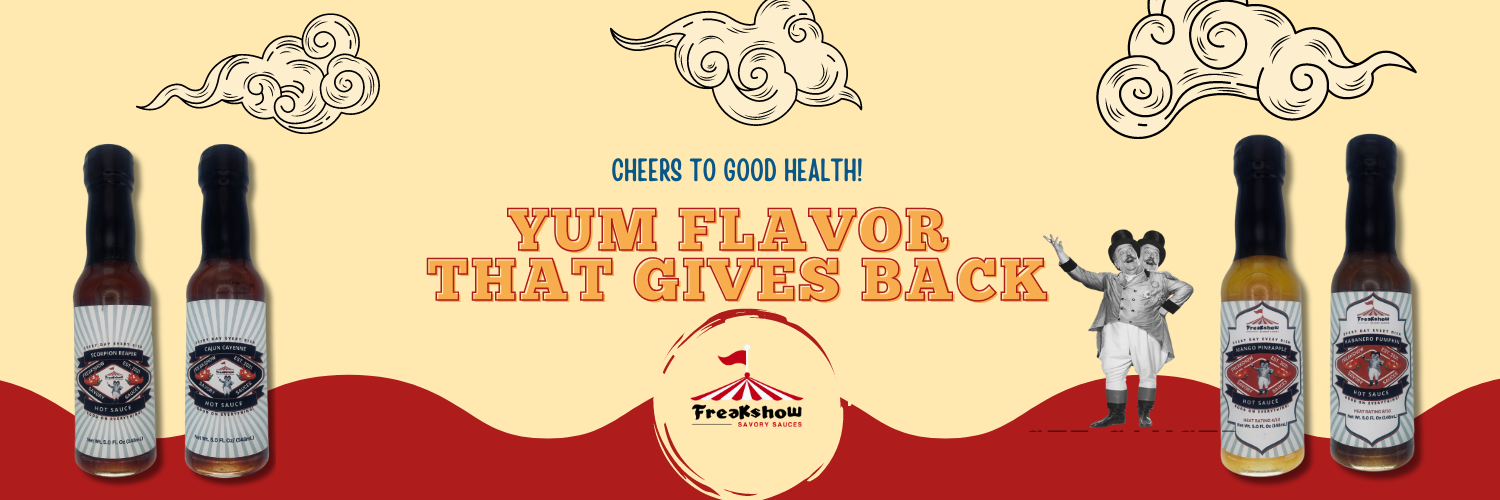
Benefits of Following the Pegan Diet
Following the Pegan Diet can offer a range of health benefits to Americans. By focusing on nutrient-dense, whole foods, the diet provides balanced nutrition and promotes overall health. The emphasis on fruits, vegetables, and whole grains ensures a high intake of vitamins, minerals, and antioxidants. The Pegan Diet's focus on low-glycemic foods helps regulate blood sugar levels and may reduce the risk of type 2 diabetes. The inclusion of lean proteins and healthy fats supports heart health and may reduce the risk of heart disease. Additionally, the diet's emphasis on whole foods and limited processed foods reduces inflammation and promotes gut health.
Potential Impact on Health and Well-being
The Pegan Diet can have a positive impact on your overall health and well-being. By focusing on whole, unprocessed foods, the diet supports heart health by reducing the intake of unhealthy fats, artificial additives, and preservatives. The emphasis on fruits, vegetables, and high-fiber foods promotes gut health and can improve digestion. The Pegan Diet's balanced approach to nutrition can also contribute to mental clarity and improved cognitive function. By providing essential nutrients, antioxidants, and healthy fats, the diet supports brain health. Overall, following the Pegan Diet can lead to improved heart health, better digestion, and enhanced mental clarity, resulting in a greater sense of well-being.
Environmental and Ethical Considerations
The Pegan Diet also takes into consideration environmental and ethical factors. By emphasizing the consumption of sustainably sourced animal products and organic produce, the diet promotes environmental sustainability. Choosing organic and grass-fed options reduces the environmental impact of farming practices and supports ethical food choices. Additionally, by reducing the consumption of processed foods and focusing on whole, unprocessed foods, the Pegan Diet encourages a more sustainable and ethical approach to eating. By following the Pegan Diet, you can not only improve your own health but also contribute to a healthier planet.
Challenges and Considerations
While the Pegan Diet offers many health benefits, there are also challenges and considerations to keep in mind. One common concern is the restriction of certain food groups, such as grains and legumes, which may make it more difficult to meet certain nutrient needs. Additionally, the diet may not be suitable for individuals with specific dietary restrictions or allergies. It's important to personalize the diet according to individual needs and consult with a registered dietitian or nutritionist for guidance.
Overcoming these challenges and making necessary modifications can help ensure a successful and sustainable experience with the Pegan Diet, but it's important to also consider the potential drawbacks of this restrictive diet.
Addressing Common Concerns and Misconceptions
There are common concerns and misconceptions surrounding the Pegan Diet. One misconception is that the diet is too restrictive and difficult to follow. However, with proper guidance and meal planning, the Pegan Diet can be adapted to individual preferences and needs. Another concern is the limited scientific research on the long-term effects of the diet. While there is limited research specific to the Pegan Diet, the principles of the diet are aligned with evidence-based recommendations for healthy eating. It's important to separate myths from factual information and seek clarity on the diet by consulting with a registered dietitian or nutritionist. By addressing common concerns and misconceptions, individuals can make informed decisions about the Pegan Diet.
Tips for Overcoming Obstacles
- Overcoming obstacles and making lifestyle changes can support success with the Pegan Diet. Here are some practical tips:
Plan and prepare meals in advance to ensure you have Pegan-friendly options available. - Experiment with new recipes and flavors to keep meals interesting and enjoyable.
- Seek support from a registered dietitian or nutritionist who can provide guidance and help address any challenges or concerns.
- Gradually transition to the Pegan Diet by making small changes to your eating habits and gradually incorporating more Pegan-friendly foods.
- Stay motivated by focusing on the health benefits and positive impact the diet can have on your overall well-being.
- Be open to trying new foods and exploring different cooking techniques to expand your Pegan-friendly meal options.
- Stay mindful of your food choices and listen to your body's hunger and fullness cues.
- By implementing these tips, individuals can overcome obstacles and successfully adopt the Pegan Diet as a sustainable lifestyle change.
In embracing the Pegan Diet, understanding the principles and components is key. You'll thrive by emphasizing fruits, healthy fats, and wisely chosen proteins. Avoiding dairy, gluten, sugar, and processed foods supports your health journey. When it comes to condiments like hot sauce, opt for Pegan-friendly options with natural ingredients. By following this balanced approach, you'll experience benefits not only for your well-being but also for the environment. Remember, overcoming challenges with empathy and knowledge is part of the process. Stay informed, make mindful choices, and savor the empowering path of the Pegan Diet.
Frequently Asked Questions
Can I eat dairy on the Pegan Diet?
Dairy is generally not recommended on the Pegan Diet. It is believed to contribute to obesity, diabetes, heart disease, and inflammation. However, there are dairy alternatives available for those who want to follow the Pegan Diet while still meeting their calcium needs.
How does the Pegan Diet compare to Paleo and Vegan Diets?
The Pegan diet combines principles from both the paleo and vegan diets. While the paleo diet focuses on consuming foods our ancestors ate during the Paleolithic era, the Pegan diet includes elements of modern healthy eating, such as reducing refined sugars and emphasizing the importance of plant-based foods. The vegan diet, on the other hand, eliminates all animal products, while the Pegan diet allows for limited consumption of lean animal proteins and fish. Overall, the Pegan diet offers a more inclusive and balanced approach to healthy eating.
Are there any Pegan Diet meal plan samples?
While there is no specific meal plan for the Pegan diet, a typical day on the diet could include a berry smoothie with spinach and coconut milk for breakfast, a tempeh salad with vinegar-tamari dressing for lunch, and wild-caught salmon with quinoa and roasted vegetables for dinner. Snacks can include roasted chickpeas or homemade seed crackers. It's important to consult with a nutritionist or dietitian to create a personalized meal plan that meets your individual needs and goals.
Is the Pegan Diet sustainable long-term?
The long-term sustainability of the Pegan diet depends on individual preferences and lifestyle adoption. While the Pegan diet promotes a more holistic and sustainable approach to nutrition, it may be challenging for some individuals to eliminate certain food groups, such as grains and legumes. It's important to find a balance that works for you and to consult with a healthcare professional or registered dietitian for guidance on maintaining a healthy and sustainable eating plan.

